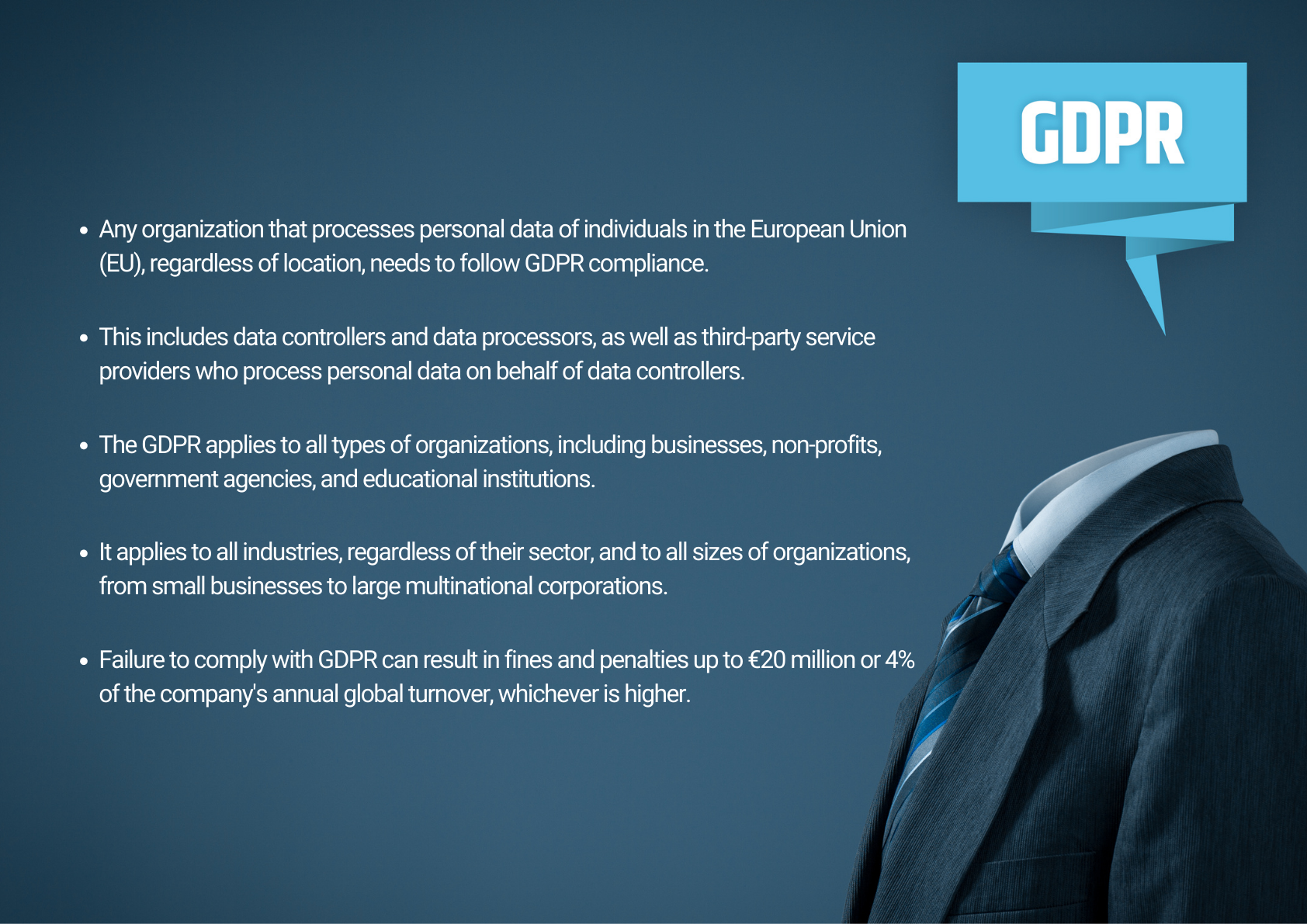Unlocking the Power of ISO 27701: GDPR& More
abattisconsulting
February 8, 2023
In the era of digitalization, personal data has become one of the most valuable assets in the world. While this trend has brought enormous benefits to society, it has also raised serious concerns about protecting individual privacy. The European Union (EU) has addressed these concerns by introducing the General Data Protection Regulation (GDPR). GDPR aims to protect the privacy rights of EU citizens and requires businesses to take steps to safeguard their data. One way to achieve GDPR compliance is through ISO 27701, a privacy extension to the internationally recognized standard for information security management systems, ISO/IEC 27001.
This blog post will explore what ISO 27701 is and how it can help organizations comply with GDPR requirements

What is ISO 27701?
ISO 27701 is a privacy extension to the existing ISO/IEC 27001 standard. It provides a framework for organizations to establish, implement, maintain, and continually improve a privacy information management system (PIMS). ISO 27701 was developed to help organizations manage the privacy risks associated with processing personal data, including those related to GDPR compliance.
How can ISO 27701 help with GDPR compliance?
ISO 27701 provides a practical approach for organizations to comply with GDPR requirements. Here are some ways that ISO 27701 can help:
- Demonstrating compliance: ISO 27701 provides a framework for organizations to establish and maintain a PIMS that can be independently audited and certified. This certification can help demonstrate GDPR compliance and provide assurance to stakeholders, such as customers, regulators, and business partners.
- Risk management: ISO 27701 requires organizations to identify and assess privacy risks associated with processing personal data. By implementing a PIMS, organizations can identify potential data breaches, develop procedures to mitigate those risks and ensure personal data confidentiality, integrity, and availability.
- Transparency: GDPR requires organizations to be transparent about their processing activities and provide individuals with specific information about how their data is used. ISO 27701 can help organizations develop processes to document and communicate privacy practices, including privacy policies, data processing agreements, and consent forms.
- Accountability: GDPR requires organizations to take responsibility for their data processing activities and demonstrate compliance with the regulation. ISO 27701 can help organizations establish governance structures, assign roles and responsibilities, and develop training programs to ensure that staff understands their obligations and complies with GDPR.
Continuous improvement: ISO 27701 requires organizations to establish processes to continually improve their PIMS. By regularly reviewing and updating their privacy practices, organizations can ensure that they stay compliant with GDPR and maintain the trust of their stakeholders.
Conclusion
ISO 27701 provides a practical framework for organizations to manage the privacy risks associated with processing personal data and comply with GDPR requirements. By implementing a PIMS based on ISO 27701, organizations can demonstrate their commitment to protecting the privacy rights of individuals and ensure that they comply with GDPR. While ISO 27701 is not a silver bullet for GDPR compliance, it is a valuable tool for organizations to achieve and maintain compliance in an ever-changing privacy landscape.
Securing your business, our expertise.
Learn more about ISO Certifications at www.iso.org


